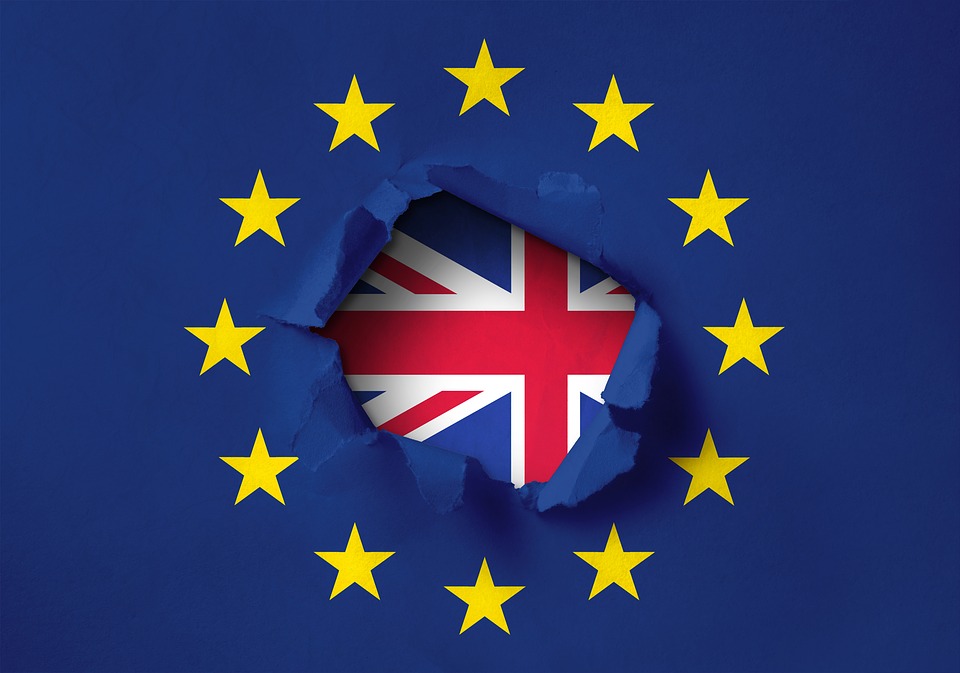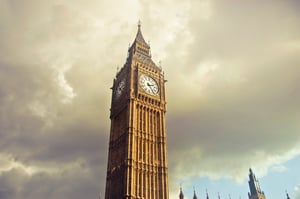The Brexit Hangs in the Balance: What are your Next Steps?
The journey to the United Kingdom’s exit from the European Union continues to encounter roadblocks. The most recent of which is the House of Common’s (HoC) rejection of Prime Minister (PM) Theresa May’s Brexit deal by a huge margin (Yes - 202 ; No - 432). This development creates great uncertainty in the future of the Brexit deal and the next steps after the Brexit, especially with the 29 March deadline coming fast.

Politics aside, the Brexit’s success or failure will have serious implications for businesses in the UK. Currently, a cloud of uncertainty is felt in Britain. With around 70 days left before the Brexit deadline, here are three possible scenarios and how you can prepare for each case.
SCENARIO 1: A Brexit with No Deal.
The HoC’s rejection of the Brexit Deal negotiated by PM May with the EU has thrown out all the efforts made in the past two years since the Referendum. With time running out for the Government, it is almost impossible for them to draft a new deal, negotiate with the EU and have it passed through the British Parliament.
In this scenario, the UK leaves the European Union, basically severing any political, legal, or economic incentives without a transition period. The UK will be treated as a country without any relationship with the EU, and will have to craft agreements just like everyone else. This creates a number of uncertainties in the UK.
For businesses, this means that all the economic incentives that they enjoy with the EU will halt by 29 March. Companies doing business with the EU will have to comply with the regulations set by the Union. These regulations have a wide coverage including immigration, financial transactions, tariffs, logistics, and other non-tariff trade regulations. You can get a better grasp of the economic impact of the Brexit here.
 SCENARIO 2: Brexit deadline extension.
SCENARIO 2: Brexit deadline extension.
Extending the Brexit deadline through a negotiation with the EU is perhaps the most constructive solution for the UK. This means that PM Theresa May and her government will have more time to draft a revised deal that will be agreeable to both the EU and the HoC.
Extending the Brexit deadline will also extend the UK’s membership in the EU. This would create a special complication with the European Parliament coming up this May 2019. If the extension pushes through, the UK’s members in the European Parliament will be involved in the elections.
On the business side of things, an extension will mean that the status quo will be retained, as well as the air of uncertainty about the deal. Businesses must watch the developments on the deal closely and anticipate the effects of the deal that will ultimately determine the relationship of the UK with the EU.
SCENARIO 3: A Second Referendum.
The third scenario presents a number of possible outcomes. Having a second referendum presents the Brexit opposition the chance to change the course of UK’s future in the EU. A win in the second referendum will also give Brexit advocates the chance to solidify the plan to leave the EU.
A second referendum will also replicate the intense atmosphere before the referendum a couple of years ago. For businesses, this will mean unstable economic conditions, falling British Pounds, and the hesitation of investors.
Like in scenario 2, businesses must watch the developments closely as well as the probable outcome of a possible second referendum.
The United Kingdom is headed to an unpredictable 2019. Businesses should do their best to adapt to the fast-changing landscape caused by Brexit. Business leaders and executives should plan ahead to prepare their organizations for any of these scenarios as the world awaits the fate of the UK’s relationship with the EU. All must prepare for what comes next after the Brexit.
Need help in finance and accounting? Download our ‘Finance and Accounting Solutions for UK CFO’s’ today and find out how our professionals can help you get better finance and accounting results.




